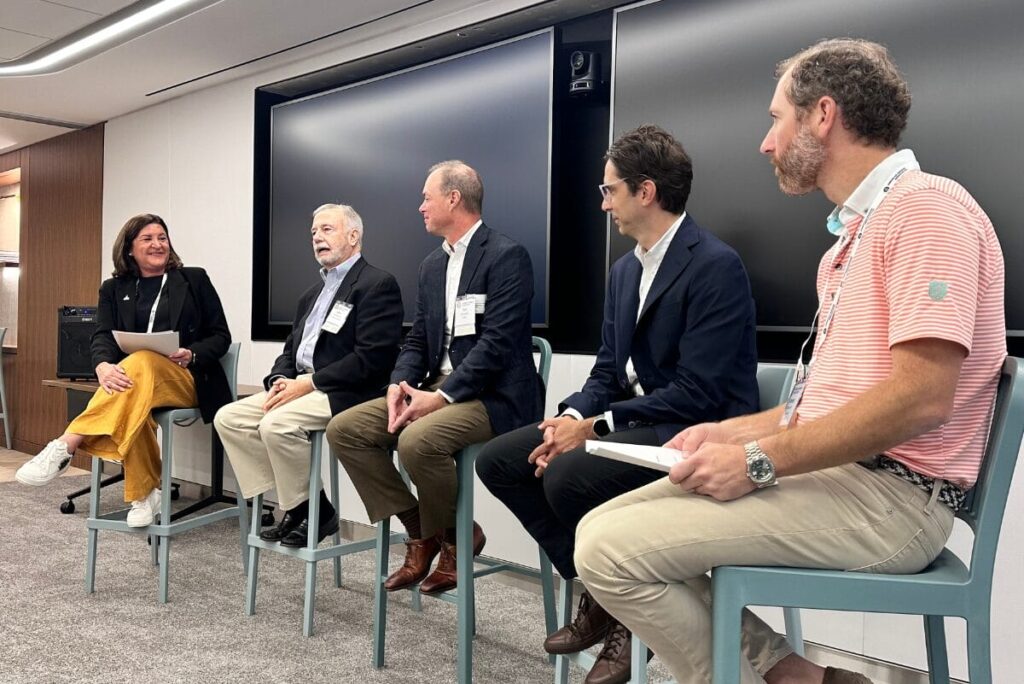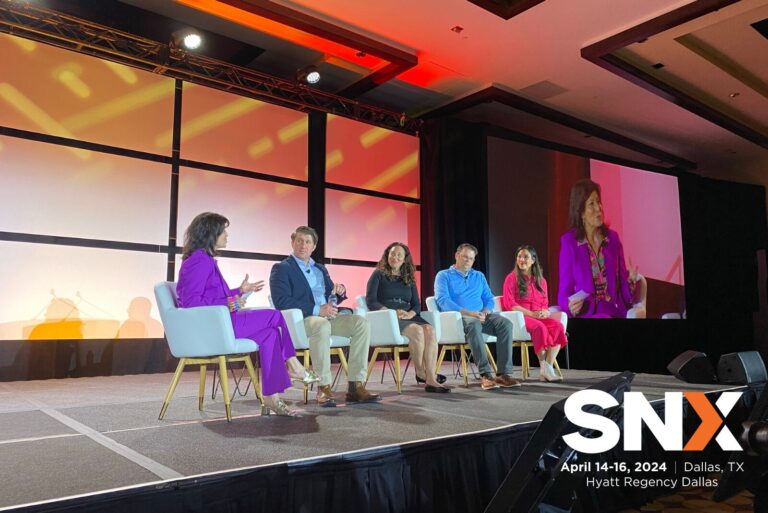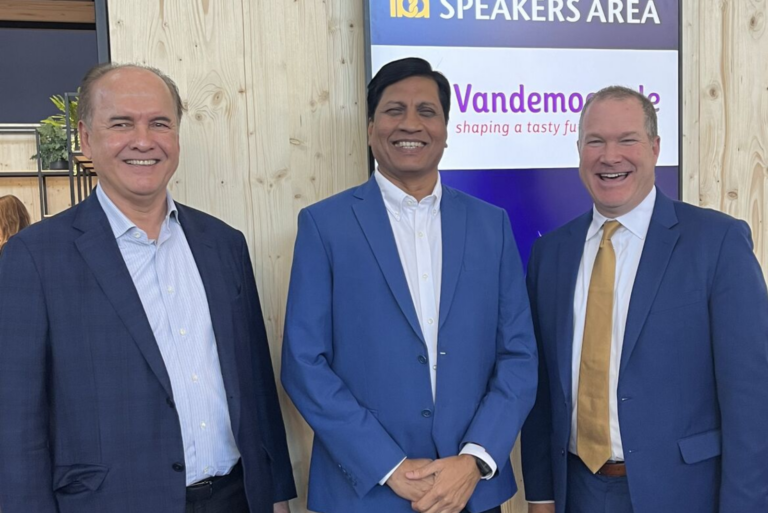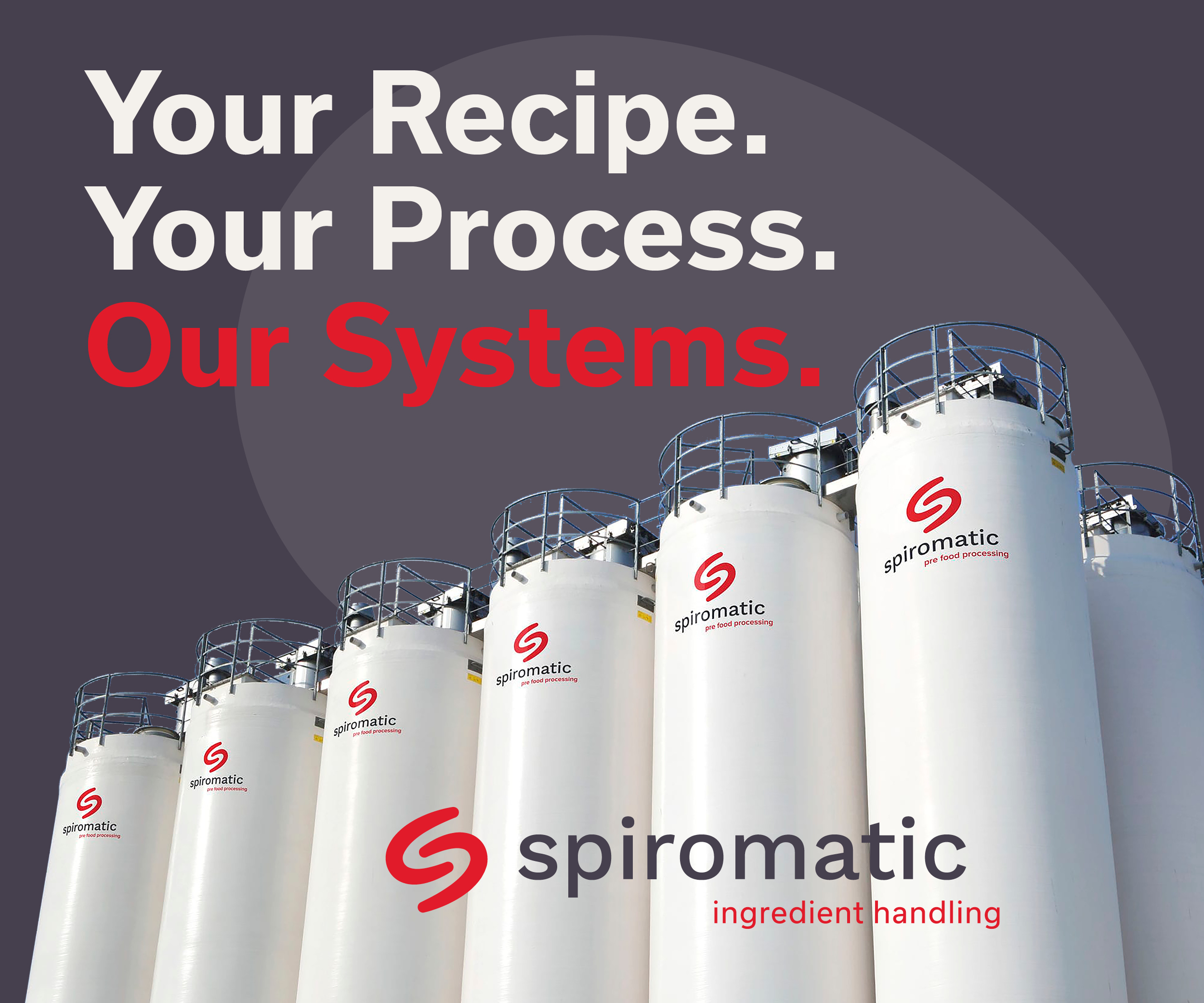WASHINGTON, DC — To round out the education at the NextGenBaker Leadership Forum, held September 30-October 1 by the American Bakers Association (ABA), senior leaders from various segments of the commercial baking industry provided their perspectives and key takeaways from their careers.
The panel — moderated by NextGenBaker co-chairs Lili Economakis and Bradley Cain — featured insights from Larry Marcucci, CEO of Alpha Baking Co.; Miguel Moreno, CEO of Roskam Food; and Don Carrell, CEO of Kwik Lok.
For some leaders, such as Marcucci, the baking industry was a pre-paved path from generations before them.
“I grew up in a family that owned a baking company that’s still operating,” Marcucci said. “I started working in the bakery as a teenager and through college. I worked there for about six months after college and then in January 1977, my cousin and I decided to start our own bakery.”
Contrary to Marcucci’s experience, the industry found others in different circumstances.











